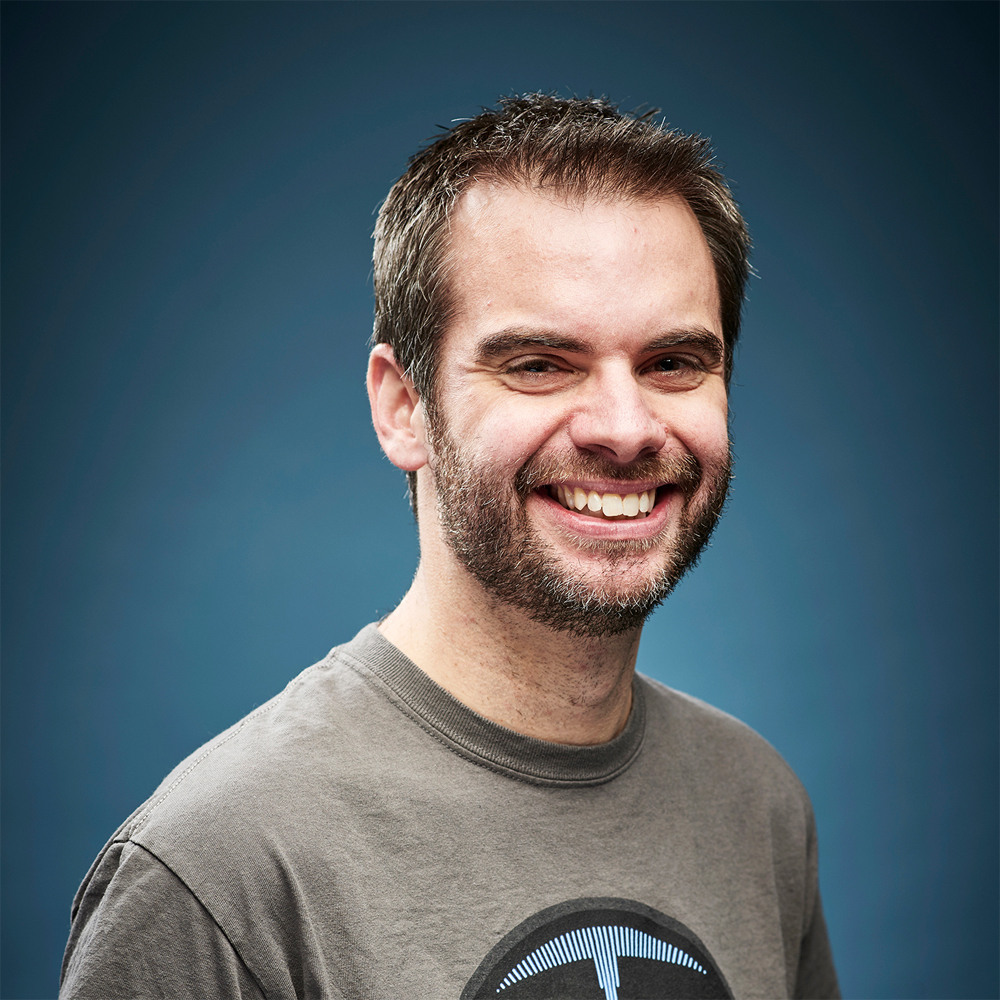Sci-fi and fantasy need to get over their obsession with the 'Chosen One'
Opinion: Destiny calling isn't all it's cracked up to be...
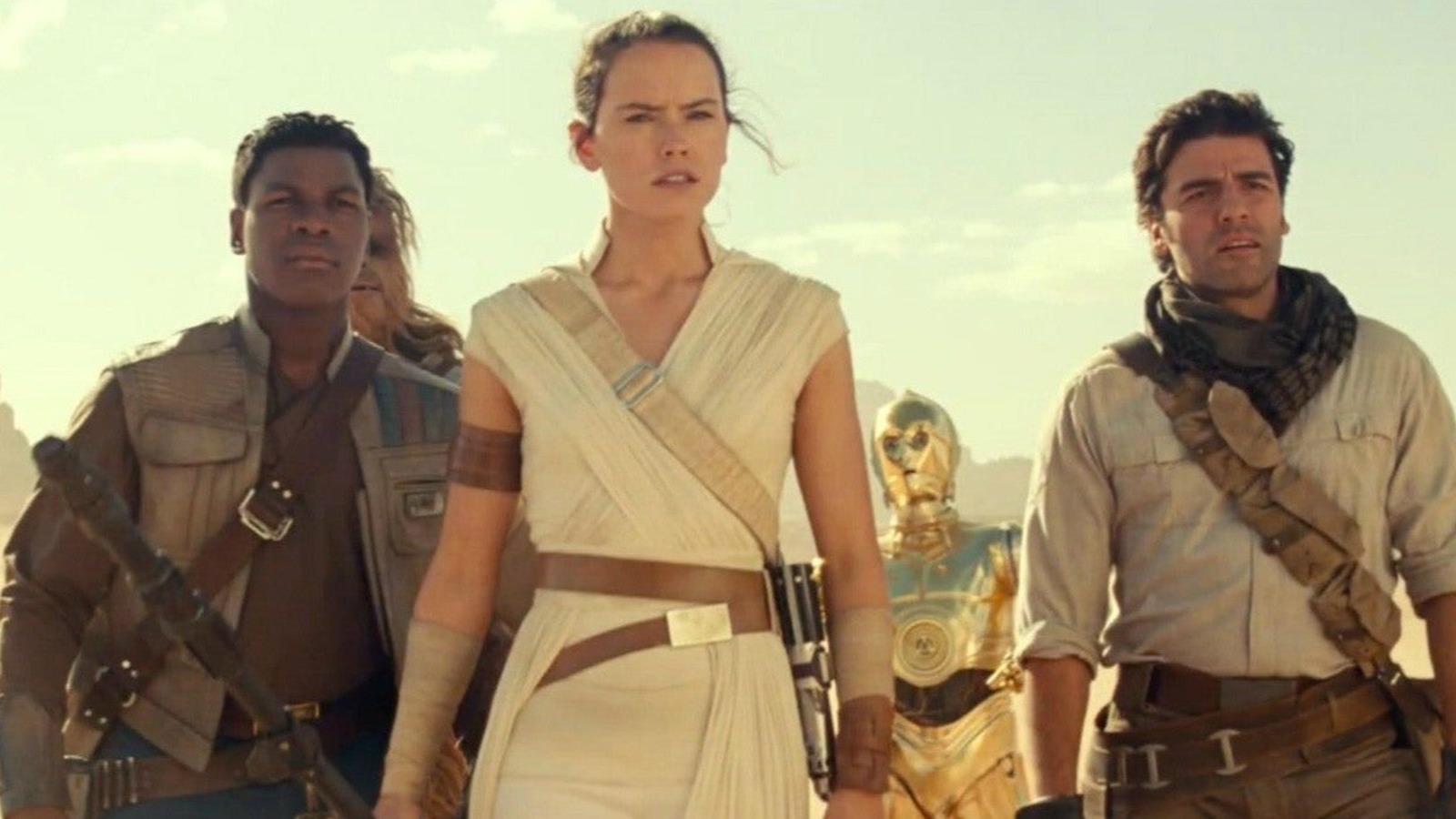
What’s in a name? When you’re living in the Star Wars galaxy, it seems your ancestry can be even more powerful than your skills with a lightsaber.
As soon as we first met Rey on the sands of Jakku, the fact she had no family name was loaded with subtext. If her true identity is a secret and she can wield the Force, surely she must be a long-lost Skywalker? Or maybe even a Kenobi? If she was going to have a shot at saving the galaxy from tyranny, past form suggested, it must have been written in the stars a long time ago.
And yet, by the time the credits rolled on The Last Jedi, it seemed that she was, well, nobody. At all. That is, until The Rise of Skywalker (ahem) walked back on that and installed Rey as the granddaughter of Emperor Palpatine. And, alongside a redeemed Kylo Ren, saved the galaxy once more: a so-called 'Chosen One', Rey had become.
The idea of the 'Chosen One', who carries the fate of society/humanity/the galaxy (delete as appropriate) in their hands, though, is one of the most overused tropes, from Star Wars and Dune, to The Matrix and Doctor Who, in sci-fi and fantasy. With a few notable exceptions, it’s a plot device that prevents numerous stories reaching their full potential – so much so the idea that destiny can define a character, and even an entire universe, is a cliché that needs retiring.
- How to watch the Harry Potter movies in order
- These are the best Disney Plus movies to watch right now
- Or check out similar top tier films on Netflix instead
Keeping it in the family
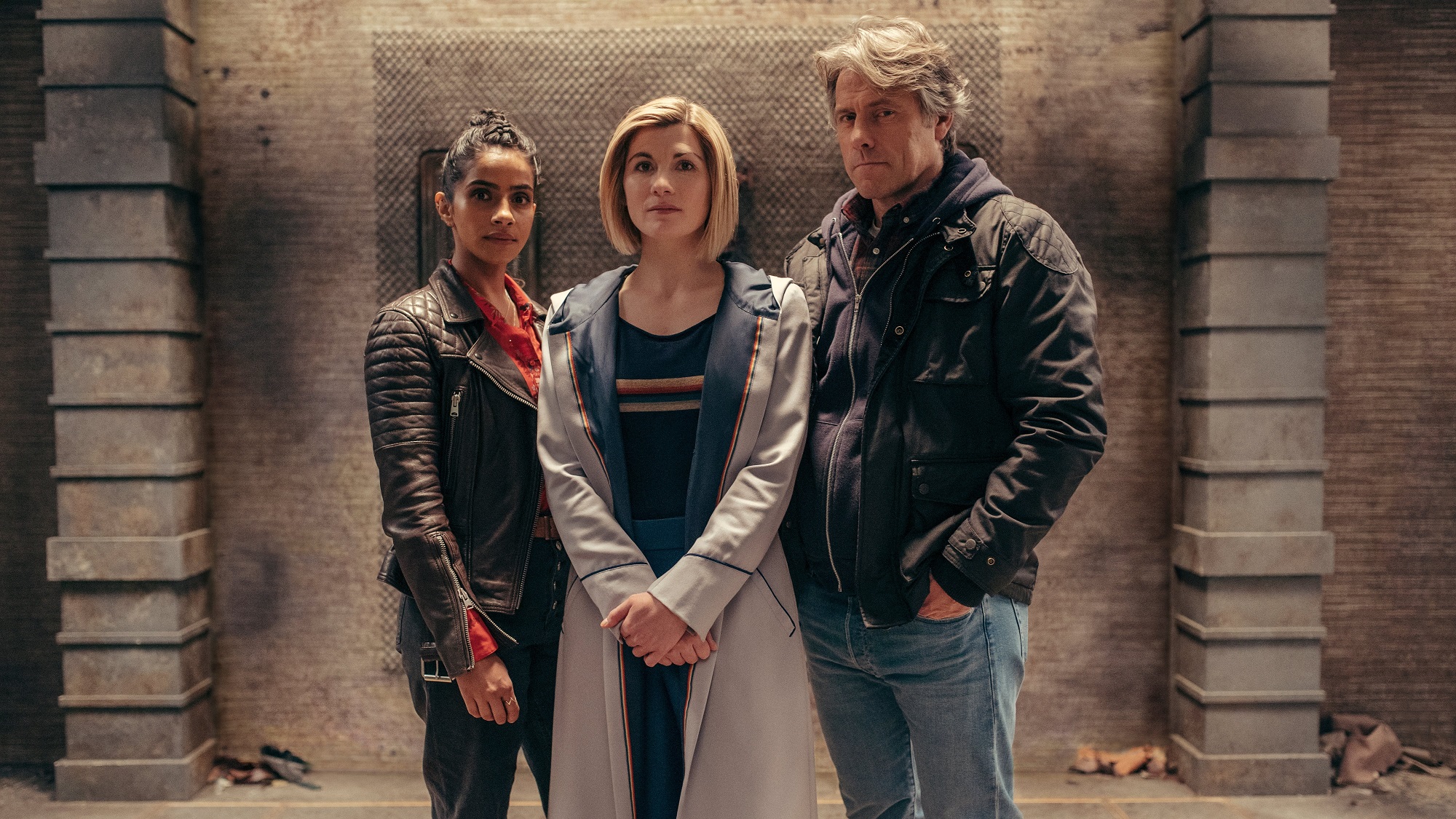
It’s not what Lucasfilm intended, but the Star Wars sequel trilogy inadvertently created the perfect case study of the pros and cons of pinning your hopes on a Chosen One. And that's despite the best efforts of The Last Jedi to subvert expectations.
Writer-director Rian Johnson took the bold approach of revealing that Rey’s parents were actually “nobody” and “filthy junk traders” who abandoned their kid in the back end of nowhere. It was a wonderfully leftfield move that turned Star Wars’ mythology on its head – suddenly, someone who didn’t have a famous family name had the potential to change the galaxy.
The Rise of Skywalker quickly reverted to old habits, however, revealing that Rey’s parents were only “nobody” from a certain point of view. Instead, it turned out she was the long lost granddaughter of the late Emperor Palpatine, and subsequently destined to rule over the galaxy alongside Skywalker descendant Kylo Ren.
Sign up for breaking news, reviews, opinion, top tech deals, and more.
It’s one of the worst storytelling decisions in the history of Star Wars, a pointless swerve that made a vast galaxy feel very, very small. Episode IX was effectively telling us the fate of thousands of worlds boiled down to the actions of two families – and that nothing of significance will ever happen until the next generation of Skywalkers and Palpatines comes of age.
As well as taking the backwards step of defining Rey by her DNA – her heritage is either a hurdle to overcome, or something to be embraced – it reduces the agency of every single character in the Star Wars universe. If only a few privileged bloodlines have the capacity for greatness, by definition, everyone else is destined to live in their shadow.
Considering the repeated importance of the 'Chosen One' in Star Wars, it’s ironic that it’s a relatively recent addition to the mythology. In the Original Trilogy, Luke Skywalker was savior of the galaxy by default, being the only kid with Force powers much more significant than a family name that – as far as anyone knew – could have been as widespread as a common surname like Smith. It’s only when George Lucas made The Phantom Menace that Anakin Skywalker became the 'Chosen One' prophesized to bring “balance to the Force”, a messianic figure conceived out of thin air and, therefore, the most powerful Jedi in existence.
By the time Anakin’s inevitable fall from grace occurred, Lucas had established an implausibly symbiotic relationship between the Skywalker clan and the galaxy as a whole – a contrivance that’s continued throughout the sequels. This may explain why Rogue One and The Mandalorian, largely free from Skywalker entanglements, rank among the best things to come out of Lucasfilm in the Disney era.
Rising to the occasion
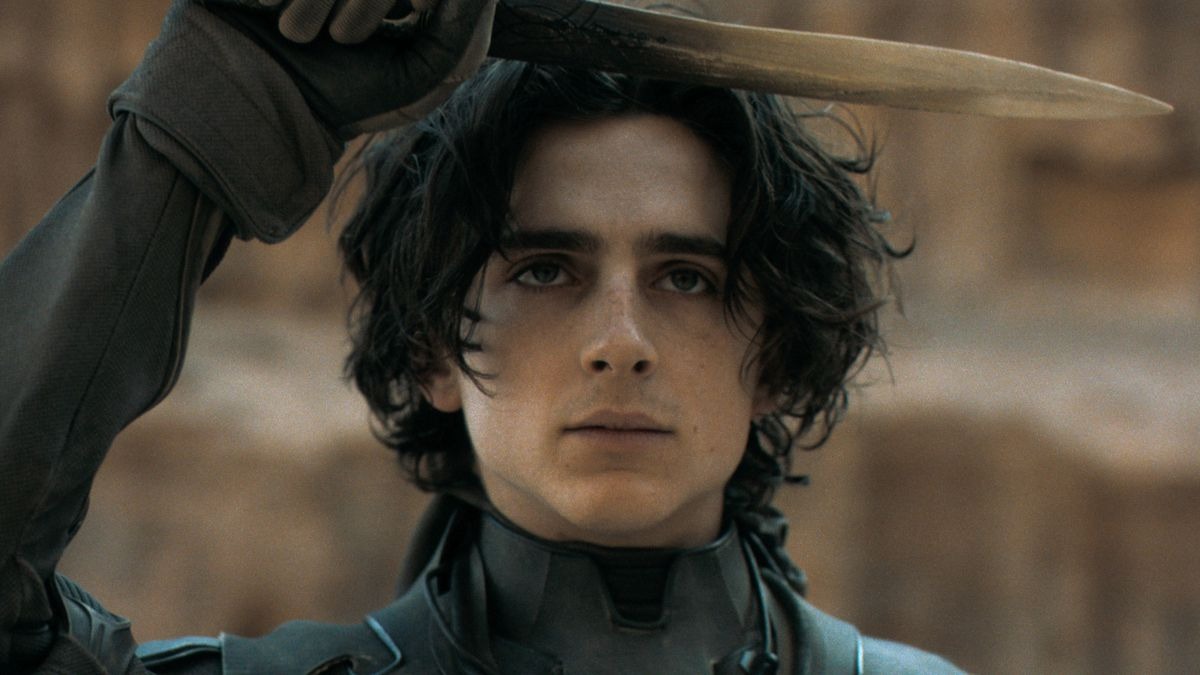
If every hero was fulfilling, or avoiding, a pre-ordained destiny, popular culture would be a much duller place. Indeed, many of the most memorable have heroism thrust upon them.
Alien’s Ellen Ripley was the third-in-command of the Nostromo who excelled in horrific, acid-blooded circumstances. Indiana Jones was an adventurous university lecturer with a penchant for making it up as he went along. And, while The Hunger Games’ Katniss Everdeen had all the hallmarks of a 'Chosen One', she was actually the polar opposite, a reluctant hero elevated to icon status by her inspirational behavior alone.
In Doctor Who, The Doctor used to fit in a similar hero-by-deed bracket, but the controversial 'Timeless Child' arc has turned them into a by-the-numbers Messiah-esque figure. Throughout their 14 incarnations so far (we're including the War Doctor here, too) one of the most endearing things about the Time Lord was the way they got disillusioned with life on Gallifrey and did a runner across the whole of time and space. The Doctor didn’t need a retconned backstory to make them exceptional – their actions had already made them special hundreds of times over.
Now, though, we’ve learned that the Time Lord had previous lives working for the secretive Division – and, even less plausibly, they were the mystical 'Timeless Child' who gave the Time Lords the ability to regenerate, which makes everything the character’s done over the last 59 years feels slightly diminished. Ordinary people – or Time Lords – doing extraordinary things and triumphing against the odds is always going to be more compelling than a 'Chosen One' fulfilling their destiny.
Who’s the One?
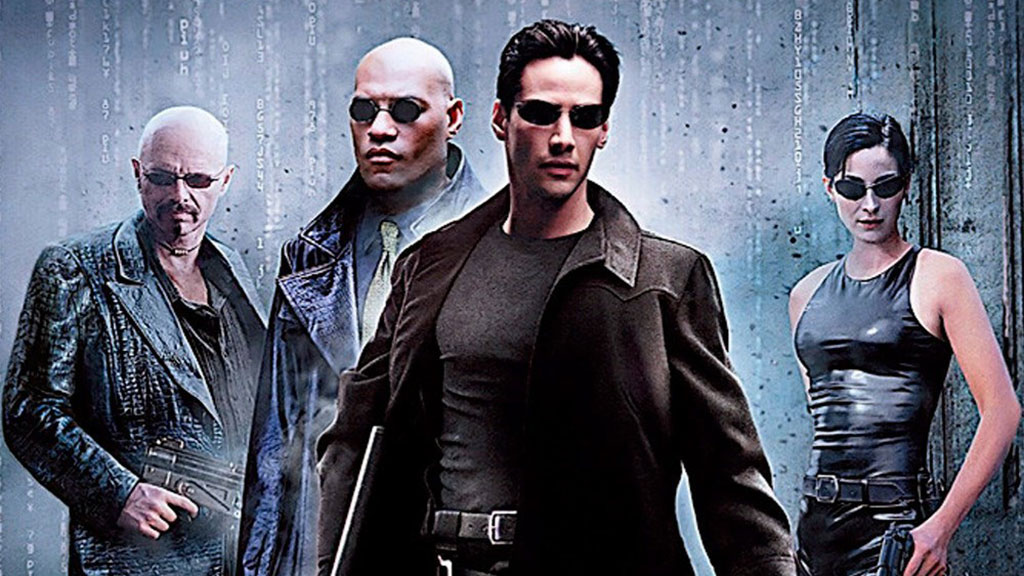
Having a 'Chosen One' in your story doesn’t have to be a disaster, however. The Matrix couldn’t have been more blatant about Neo’s elevated status – his name is an anagram of One, after all – and yet the Wachowskis have fun playing around with expectations of what that means.
In the first movie, he struggles to live up to the mantle. Then, the flawed Reloaded forces him to contend with the revelation that The One (aka the savior of humanity) is actually crucial to the smooth running of the Matrix. Those dastardly machines…
Good Omens, meanwhile, subverts the antichrist mythology of The Omen by having son of Satan Adam growing up in an ordinary family in a small English town. And he’s rather more interested in playing with his friends and his dog than bringing about the Apocalypse. In other words, nurture overcomes nature.
Dune gets a 'Chosen One' free pass, because a) the book got there in the mid-’60s, before it became a cliché, and b) Paul Atreides’ journey to Kwisatz Haderach status is such an ordeal he deserves the benefit of the doubt. Without prophecy and destiny, the Harry Potter saga would have no story to tell, either, even though it is slightly clichéd in how it arrives at such a juncture.
But these are largely exceptions rather than the rule. In real life, none of us wants to believe that our destinies are set in stone by our circumstances, so why would we want to restrict our fictional characters to such a cruel fate?
Movies, TV shows, books, video games, comics... they all require a hero of some ilk to appeal to us. The story of good vs evil is intrinsically intertwined with human history, so there will always be room for stories about the struggle of right versus wrong and, by proxy, the potential for a 'Chosen One' to come and save the day.
But the sci-fi and fantasy genres lean heavily on this trope, and it has become tiresome in a way. Seeing characters grow into themselves and assume the mantle thrust upon them, even if it's reluctantly, is far more enjoyable to watch than learning that someone was always destined for greatness. And it's high time that sci-fi and fantasy projects started giving us the former over the latter.
Richard is a freelance journalist specialising in movies and TV, primarily of the sci-fi and fantasy variety. An early encounter with a certain galaxy far, far away started a lifelong love affair with outer space, and these days Richard's happiest geeking out about Star Wars, Star Trek, Marvel and other long-running pop culture franchises. In a previous life he was editor of legendary sci-fi and fantasy magazine SFX, where he got to interview many of the biggest names in the business – though he'll always have a soft spot for Jeff Goldblum who (somewhat bizarrely) thought Richard's name was Winter.
